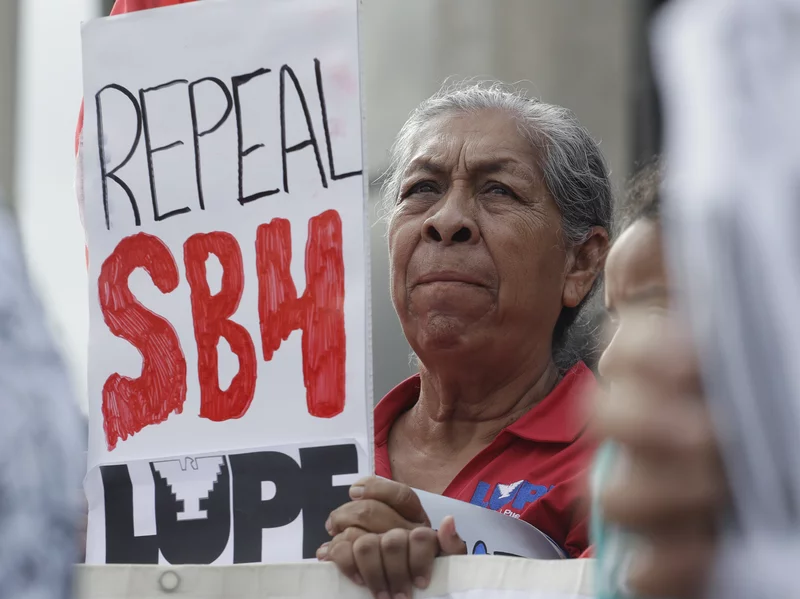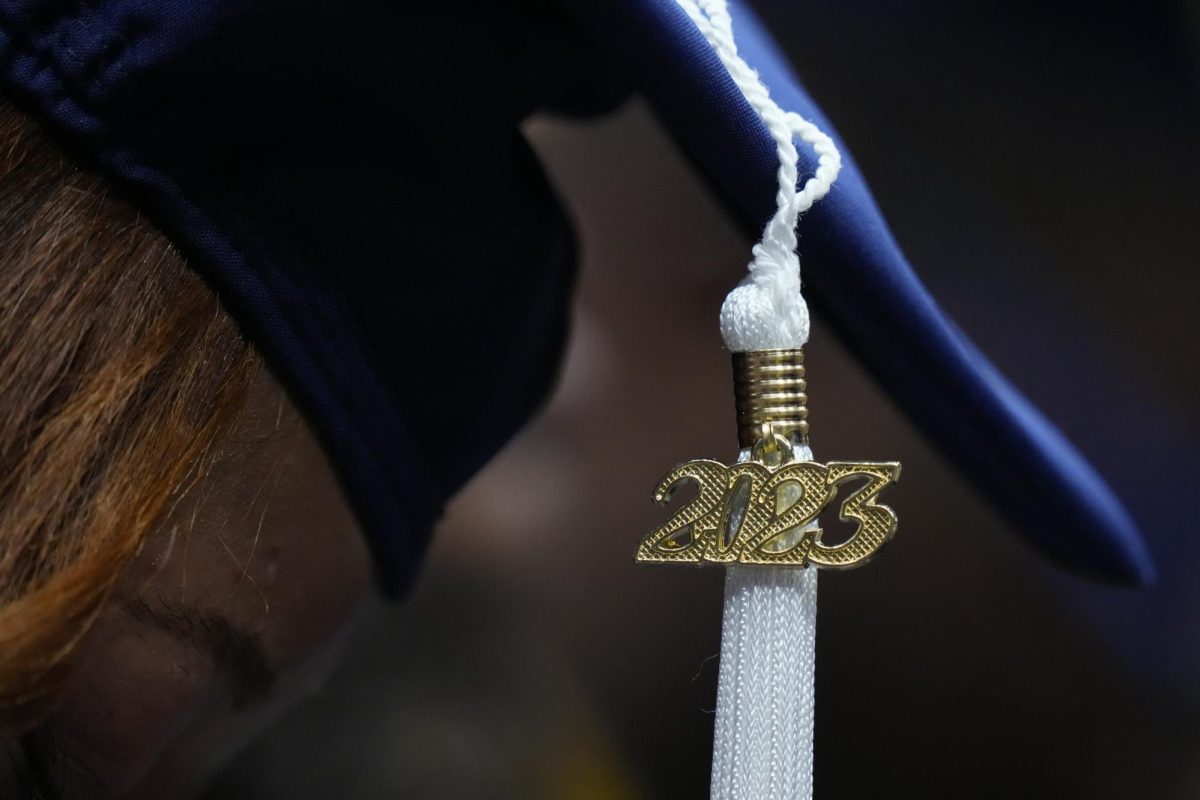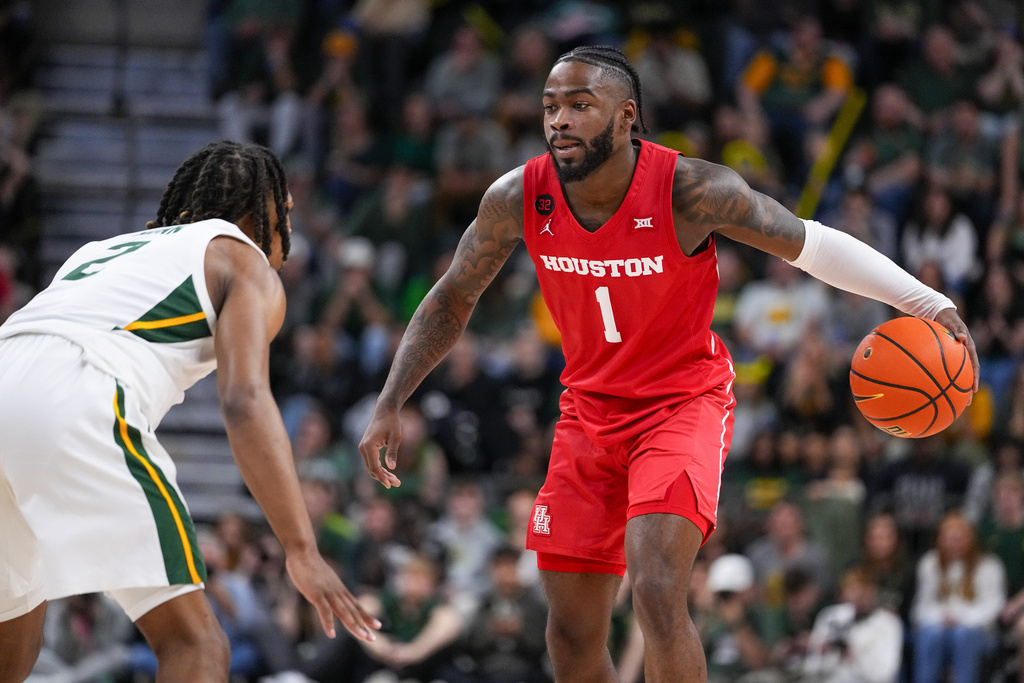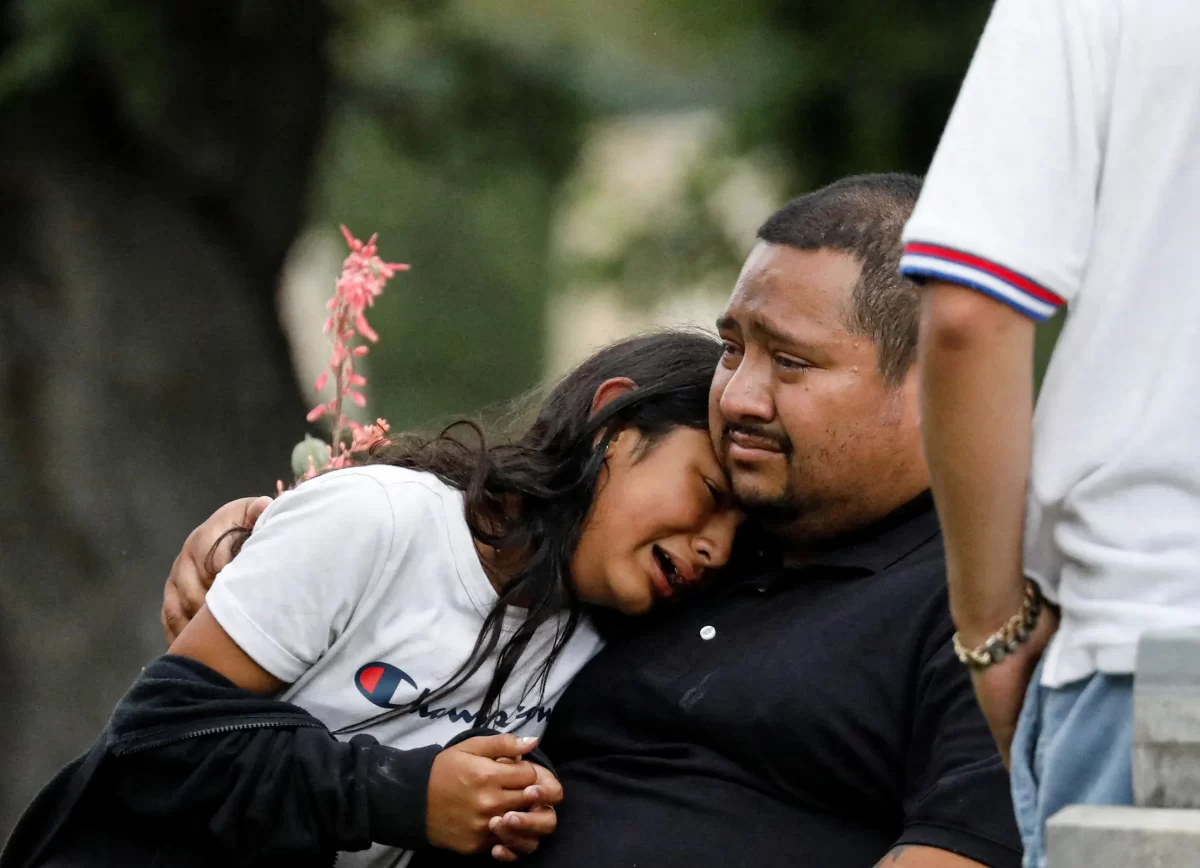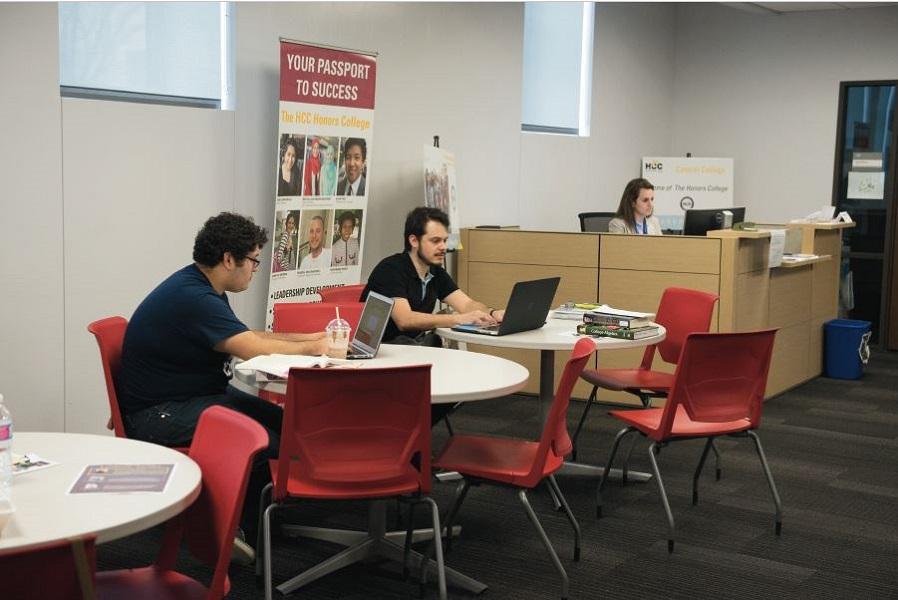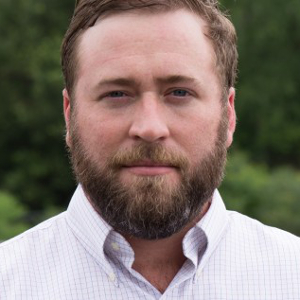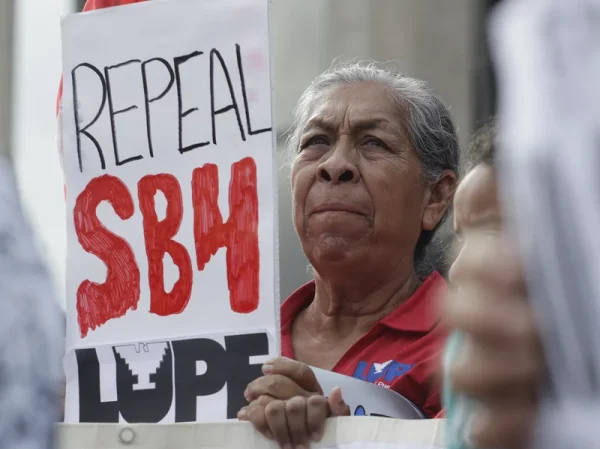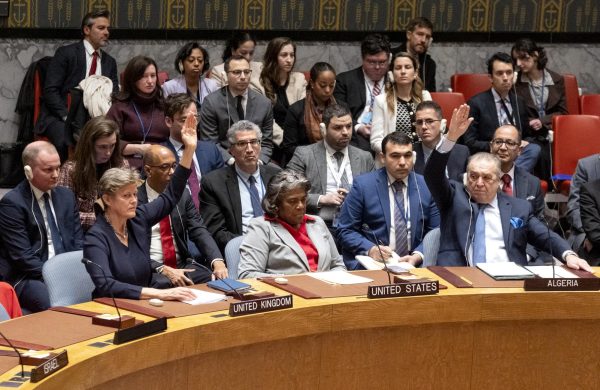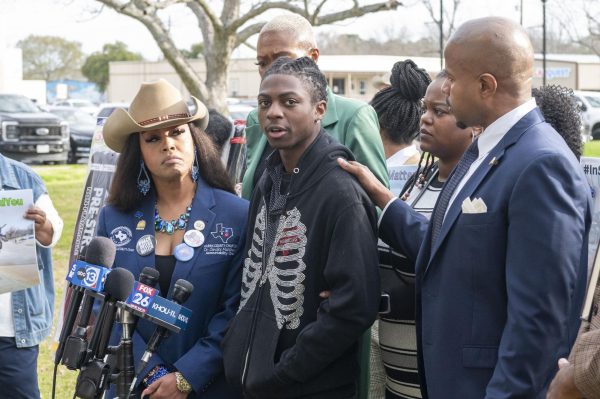Honors College expanding
HCC Central Honors College students Josue Rodriguez (left) and Alexandre Soares da Silva (right) study in the honors lounge on the first floor of the San Jacinto building. Two new Honor Colleges, complete with student lounges, will open this fall at the Stafford and Spring Branch campuses. Students in the program have smaller, more invigorating classes; assistance with financial aid; leadership training; and travel opportunities.
March 13, 2016
Houston Community College’s Honors College program is expanding to two new campuses this fall: Stafford and Spring Branch.
With 25 slots for the freshman classes at each location, the primary responsibility of the Honors College Directors Deanne Schlanger at Southwest and Dan Flores at Northwest is to populate the program with qualified students. The Central Honors College is in its ninth year, serving 50 of HCC’s most talented students every year.
The Honors College admissions deadline is set for May 1. However, “we’re open until the class fills, and the class does have to fill with people who are qualified,” said Dr. Cheryl Peters, the executive director of the Honors College.
“Just the fact that someone submits something tells you that they have some motivation,” said Dr. Peters, “I want to work with as many people who have an interest in being in something like this, but they do have to meet the qualifications. Period.”
New students must show that they’re ready to take college-level courses in their first honors semester. They look for either a qualifying TSI score, a combined SAT score of 1100 or a composite ACT score of 26.
“Test scores even trump high school GPA,” said Dr. Peters, but she added that, “Nobody is excluded unless every last test score they have said they’re not college ready.”
An essay and two letters of recommendation are also among the admissions requirements, followed by an in-person interview once all requirements are met.
“You have to be able to mentally and intellectually keep up with others who have demonstrated that they want to be good students and they want to be in a group of other similarly smart and motivated students,” concluded Dr. Peters.
Applicants can be first-time college students or can have some prior coursework, but students must take a minimum of 18 credit hours with the Honors College.
Honor students are given additional financial help and guidance through the aid process, from filling out the FAFSA for Pell Grants to finding scholarships.
Undocumented students are directed to TASFA, which enables them to receive state financial aid and state tuition under certain conditions. The HCC Foundation, T-STEM and outside cultural organization scholarships are also available to such students.
There is also a strictly merit-based Honors College scholarship for students who are turned down for a Pell Grant. “These funds are limited,” Dr. Peters cautioned. Referring to international students she said, “we can’t scholarship them all.”
The Honors College was established to serve local constituents of the HCC district, which adds some political pressure to the program to put local students first. Dr. Peters said she could fill the freshman class with qualified international students instantly, “they’re fabulous students.”
Scholarships are awarded proportionally to the total international student population at HCC, which means about four international students at Central receive aid through the Honors College scholarship fund.
The scholarship proportion cap doesn’t affect admissions, “We don’t want to keep them out of the Honors College…We’ll take you in, but whether or not you get the scholarship or not, we can’t tell you right now.” Since scholarships are so limited, they wait till all the new students are admitted before determining the most deserving.
“That’s why we can’t really say it’s free for everyone,” explained Dr. Peters, although they certainly try to make it. “There will be some students who are not getting the same benefits that everyone else is, and it’s only because they are an international student,” said Dr. Peters regretfully.
Thao Thanh Nguyen is an international student studying chemical engineering at the Honors College. She received an Honors College scholarship in her first semester, but as the funds were stretched, she was encouraged and assisted in applying for other scholarships to help pay for her tuition. And with the program’s textbook scholarship, her books are free.
Today Nguyen is the secretary of the Central campus’ Student Library Advisory Council, she says that her biggest benefit has been “being with other honors students and learning from one another.”
Every year, the college pays for honors students to travel abroad as part of their curriculum. The travel is intended to be a “total immersion” in the culture of everyday people.
They were going to travel to Istanbul, Turkey, but after the terrorist attacks the college administration cancelled those plans. Plan B was to travel to Paris, France, but those plans were also cancelled after the terrorist attacks.
This year, the class is traveling over spring break to two cities that represent U.S. history: Philadelphia and Washington, D.C.
Dr. Peters was disappointed for the students who didn’t get to study abroad like every other class. “We were very committed to making sure that they could do a trip,” stated Dr. Peters, “we will continue to be committed to the travel.”
Honors classes are project based, often including research. They’re smaller, with the largest being about 22-25 students. Usually, honors students are not put in classes with other HCC students, but if they are mixed the class may be adjusted so all the students may receive honors credit.
“The rigor of the curriculum is harder,” said Ivan Rouge, who is majoring in economics and plans on transferring to Columbia University in the fall, “it resembles the more demanding curriculum of a four-year university.”
At first, Rouge was not accepted because he didn’t have any academic indicators. He took four HCC classes in the summer of 2014, and was accepted into the Honors College that fall. He is now the president of HCC’s Omega Sigma chapter of the international honor society Phi Theta Kappa, where five out of the seven officers elected for the 2015-2016 year are Honors College students.
Rouge described the community as being close-knit, and with the small classes, “you develop these relationships and learn from each other much more than if you just take regular classes, when sometimes you don’t even know the name of the person sitting next to you.”
Stafford and Spring Branch, like Central, will have an Honor College lounge for students to meet, study and socialize. “You must have a lounge to help develop the camaraderie—the sense of a community—both an intellectual and social community,” explained Dr. Peters.
Honors freshmen take a hybrid learning frameworks or EDUC 1300 course, with lectures alternating between the normal curriculum and weekly leadership seminars led by Central Director David Wilcox. The leadership training is based off the Phi Theta Kappa leadership development model of servant-leadership. After the first semester, students have been putting the leadership principles they learn into practice.
“Our students just literally transformed the leadership of other organizations here on this campus,” said Dr. Peters.
As the United Student Council President, Josue Rodriguez is the student body president for all of HCC’s nearly 60 thousand students. Before being accepted into the Honors College, he was aiming for a paralegal workforce degree, but he wanted a degree path that would provide opportunities to grow and is now studying government and pre-law.
“The main benefit is the tremendous amount of support. The Executive Director Dr. Cheryl Peters, Director David Wilcox, professors and honor students provide everyone with an enormous amount of support. It is no mystery that this support system has helped honor students become leaders in the community, club organizations and life.”
Rodriguez said that during his admissions interview with Dr. Peters and Wilcox, “they truly saw me as a unique individual. After my interaction with them, I had the confidence to run for the USC President position. The Honors College has taught me to become a better listener, communicator, and student. These qualities have made me a better leader.”
Godswill Muofhe served as the USC president before Rodriguez. He’s majoring in accounting and pre-law at the Honors College and will graduate this spring. “The professors have challenged me to put forth my best work through their rigorous course load. I’ve met amazing people that have exposed me to new ways of learning.” Muofhe said that through the program, “I basically gained more family members.”

